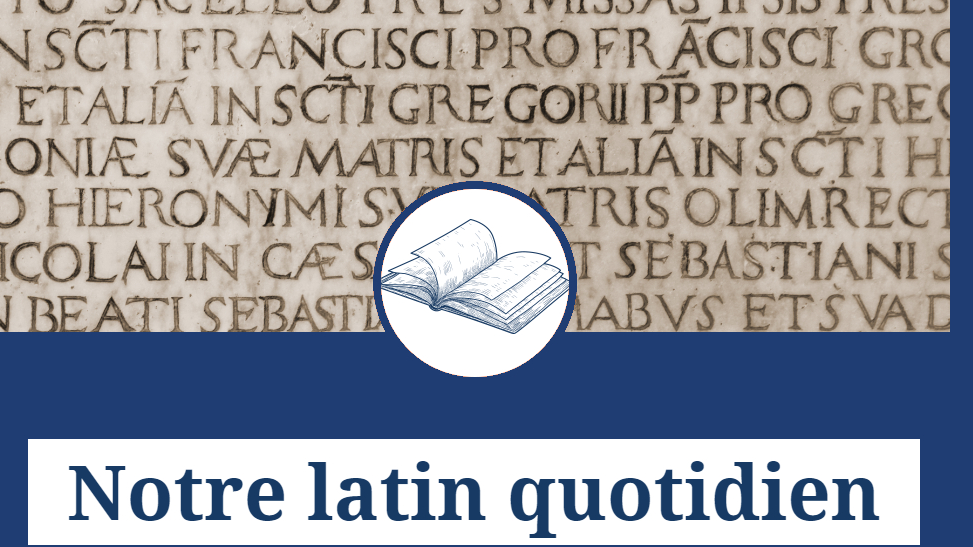Collection of thoughts, anecdotes and good words
Nice journey for this Latin suffix that has become an invariable masculine noun, since
ana
has become over time a collection of thoughts, good words from an author, anecdotes relating to his life...
Originally, this word was only a Latin ending borrowed from a Latin neutral plural suffix (-anus in the singular expressing what belongs to: Virgili-anus, what belongs to Virgil and so on;
dicta virgiliana
, "the sayings of Virgil") which were added to certain proper names to indicate a collection of maxims, pleasant allusions, puns, short stories or witty games: Le Segraisiana, Le Carpentériana, Le Furetériana, The Voltairiana.
The ancestor of newspapers
The
ana
were very fashionable in the 16th and 17th centuries, because they were in fact the real newspapers of the time.
Often written in the form of a dictionary: the most famous of this kind, published in 1791, is the Encyclopediana or Encyclopedic Dictionary of Anas.
Here is an excerpt from the warning given by the publishers of this book.
Read alsoDo you speak 21st century Latin?
“The merit of this collection consisted in containing in a single volume (of 964 pages /in-4°) all the works known under the title of Ana (…). Containing what we have been able to collect that is less known or more curious among the sallies of the mind, the brilliant deviations of the imagination, the little facts of general and particular history, certain singular uses, the traits of mores & characters of most illustrious ancient & modern people; the outbursts of strong & generous souls, the acts of virtue, the outrages of vice, the delirium of the passions, the most remarkable thoughts of the philosophers, the dictums of the people, the ingenious repartee, the anecdotes, epigrams & good words; finally the singularities in a way of the
Sciences
, the Arts, &
of Literature.
»
Short extract:
"Abbancas: ancient philosopher, who, according to Lucien's report, let his wife and two children perish in the flames to save his friend: he was asked the reason for this preference, it is, he says, that t is more difficult to have a friend than a wife and children.
François Mauriac, in Du cote
de chez Proust (1947), draws our attention to Marcel Proust's attraction to the ana.
He let no one go away until he had extracted everything on which his work could be nourished, and it is certain that the Comte de Montesquiou must have been of admirable performance to him.
It was no doubt the great collector who trickled down to the young novelist millions of traits, gossip and ana which enriched his knowledge of the world.
François Mauriac, in On the side of Proust (1947).
Excerpt from
Give Us Our Daily Latin
.
Find the entire book on our Figaro Store.


/cloudfront-eu-central-1.images.arcpublishing.com/prisa/ETGSMPG4ZNFJFFLVSLKB3DWPSQ.jpg)






